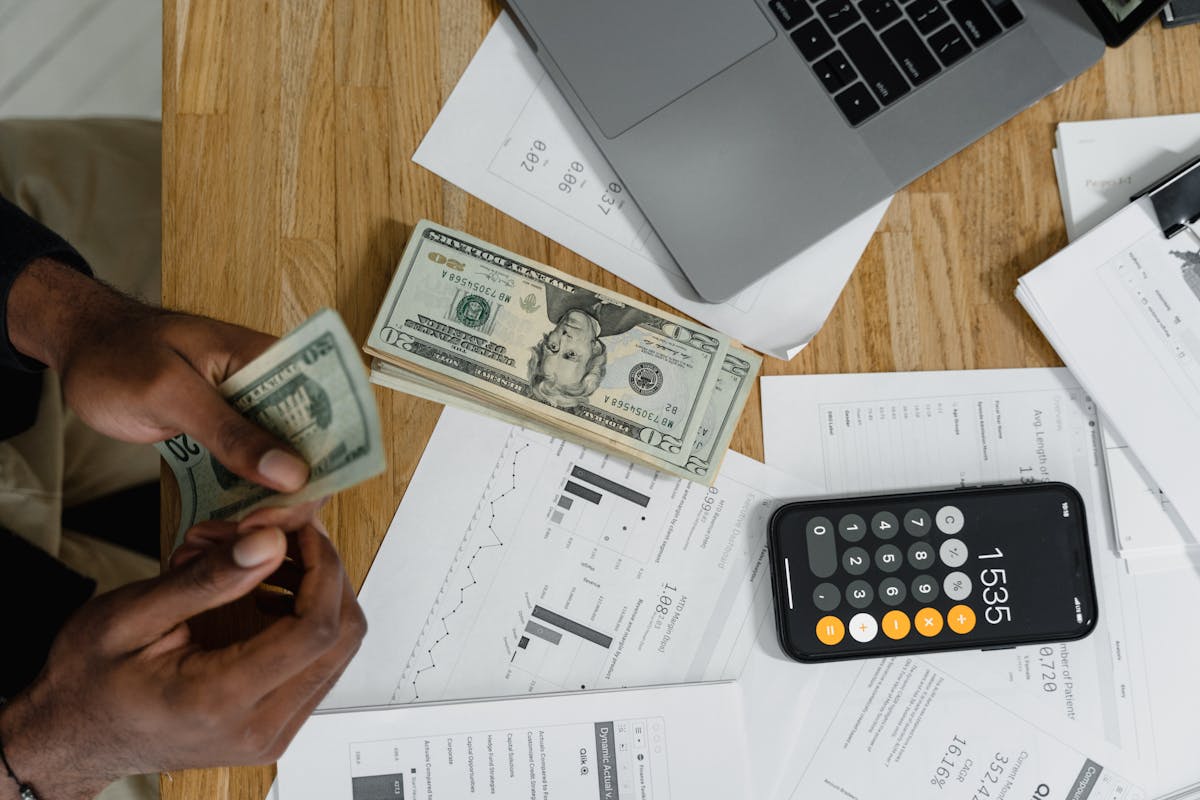What does the Green Economy mean?
El concepto de una economía verde ha cobrado mucha atención en las últimas décadas, requiriendo que empresas, gobiernos e individuos reconsideren sus estrategias y acciones en cuanto a la sostenibilidad ambiental. Pero, ¿qué significa exactamente una economía verde? Y, más relevante aún, ¿cómo influye en diferentes dimensiones de nuestra sociedad?
Grasping the concept of the green economy demands a thorough understanding of its core principles, objectives, and possible advantages. Fundamentally, a green economy aims to enhance human welfare and social fairness while considerably minimizing environmental hazards and resource shortages. Such an economy is marked by growth that is both sustainable and fair, supported by careful stewardship of nature’s assets.
Principles of the Green Economy
Several foundational principles guide the green economy. Resource Efficiency is a cornerstone, emphasizing the need to use natural resources more judiciously to ensure they can support future generations. This involves innovative practices such as recycling, energy efficiency, and sustainable agriculture.
Inclusion and Equity are equally important, aiming to guarantee that economic gains are distributed more evenly among people and communities. This principle ensures that the benefits of a green economy extend across diverse populations, reducing disparities often exacerbated by traditional economic practices.
Preservation of Ecosystems and Biodiversity is another critical principle. A green economy prioritizes the protection of ecosystems, aiming to maintain the planet’s biodiversity. By doing so, it ensures that all living organisms can continue to thrive in their natural habitats.
Goals of a Green Economy
An economy focused on sustainability aims to achieve multiple interlinked objectives. Some of these objectives are:
1. **Decreasing Greenhouse Gases**: Shifting towards an economy with reduced carbon output by expanding the use of renewable energy and improving energy efficiency.
2. **Encouraging Lasting Development**: Motivating businesses to implement eco-friendly methods that support sustainable and environmentally conscious economic advancement.
3. **Improving Quality of Life**: Focusing on human health and living standards, ensuring that economic undertakings do not harm these essential elements.
4. **Generating Eco-friendly Employment**: Creating new job opportunities in areas such as renewable energy, sustainable farming, and environmental preservation, which can enhance employment rates and promote environmentally sustainable economies.
Advantages of an Eco-Friendly Economy
The transition to a green economy offers numerous benefits for both the environment and society. Among these is the reduction of environmental degradation, as green economic practices focus on minimizing pollution and waste. This not only helps preserve the planet’s natural beauty but also improves the health of its inhabitants.
Another significant advantage is economic resilience. Green economies are often more resilient to external shocks, such as fossil fuel price volatility, due to their reliance on local and sustainable resources. This resilience can lead to more stable and secure communities.
Furthermore, the environmental-friendly economy promotes innovation and technological progress. As businesses aim to become more sustainable, they allocate resources to research and development, pushing forward creative solutions that can enhance various areas, from farming to energy.
Analyses: Worldwide Eco-Friendly Economy Projects
Countries across the globe have embarked on the journey towards a green economy, each adopting unique strategies tailored to their contexts. For instance, Germany’s Energiewende, or “energy transition”, has seen the country leveraging renewable energy sources extensively, setting a precedent for sustainable energy policy globally.
In Africa, countries like Kenya are harnessing geothermal energy, contributing significantly to their national grids while reducing dependency on conventional fossil fuels. This not only addresses energy needs but also creates employment opportunities, illustrating how green economies can drive socio-economic development.
Of equal importance, Copenhagen in Denmark aspires to be the planet’s premier carbon-neutral capital by 2025, adopting measures to promote cycling, enhance energy use efficiency, and utilize renewable energy, thus establishing a model of bold urban environmental leadership.
Final Thoughts
Striving for a sustainable economy is more than an environmental imperative; it’s a comprehensive strategy for attaining enduring development. By reshaping economic functions, it aims to equate environmental welfare with human advancement, promoting a future where both individuals and the earth flourish together. As we observe the progression of this economic model, it acts as a powerful reminder of the possibility for beneficial, transformative change worldwide.






